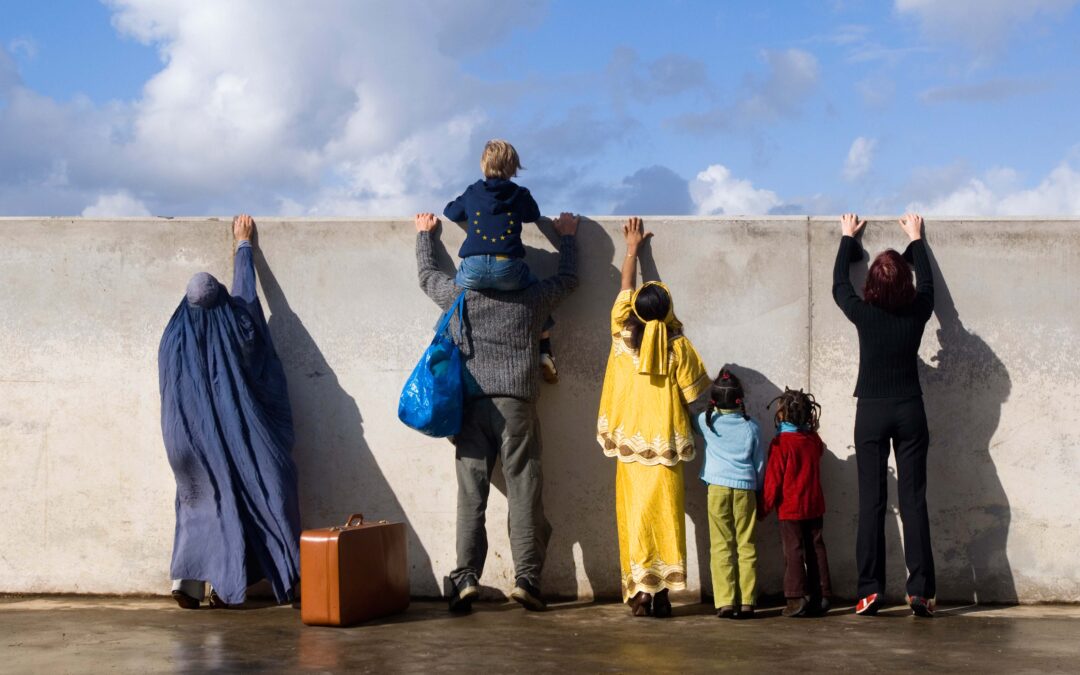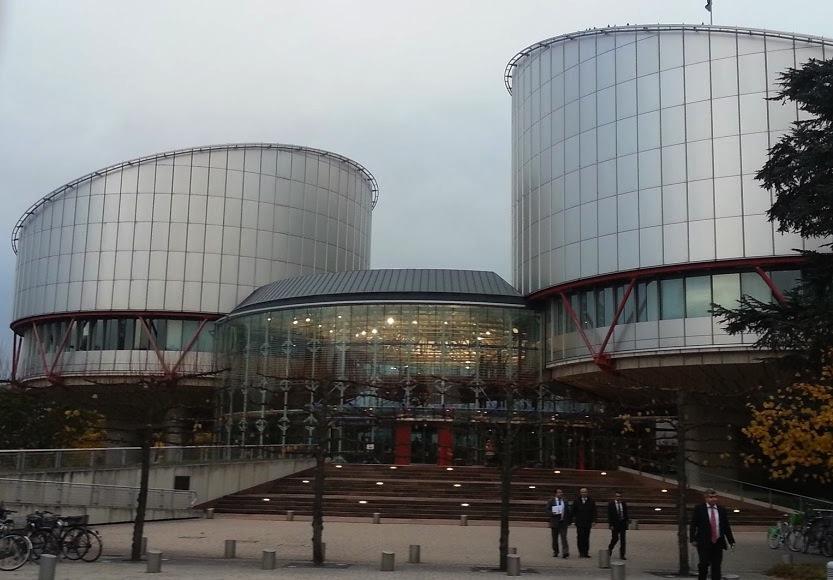
Oct 3, 2014 | Agendas, Events
Today, the International Commission of Jurists (ICJ) held its second expert roundtable on asylum claims based on sexual orientation and/or gender identity.
Participants included asylum judges, lawyers, and academics, as well as officials from the Office of the UN High Commissioner for Refugees and staff members from a number of civil society organizations.
Prof. Hathaway, Director of the Program in refugee and asylum law at the University of Michigan Law School, Prof. Anker, Director of the Harvard Law School’s Immigration and Refugee Clinical Program, and Judge Lars Bay Larsen, judge of the Court of Justice of the European Union, were the main speakers at the roundtable. Each delivered a presentation focussing on different normative aspects of asylum claims based on sexual orientation and/or gender identity.
The programme of the second expert roundtable, including a list of all participants, can be downloaded here.
This roundtable forms part of a broader ICJ’S project on international protection claims based on sexual orientation AND/OR gender identity. The programme of the first roundtable organised in Brussels last June can be downloaded here. The ICJ’s commentary on the related CJEU judgment in X, Y and Z v. the Netherlands can be downloaded here.

Sep 15, 2014 | Events, News
The International Commission of Jurists and the Greek Council for Refugees will hold today a two-day conference on administrative detention of migrants and asylum seekers according to international and Greek law.
The conference will address the interplay of international law, EU law and national law in the domain of administrative detention of third country nationals. With presentations given by international experts and Greek experts and practitioners, the conference will address issues such as the nature of detention, its lawfulness, conditions of detention and treatment and judicial review of situations of deprivation of liberty.
Greece-conference-detention-ICJGCR-2014 (programme in English)
Greece-conference-detention-ICJGCR-2014-greek (programme in Greek)
Migration_and_International_Human_Rights_Law_Greek_materials (Collection of case law materials in Greek)

Jun 27, 2014 | Agendas, Events
The ICJ is today holding an expert roundtable on asylum claims based on sexual orientation, gender identity or expression.
Participants include asylum judges and lawyers; officials from national refugee status determination authorities, the Office of the UN High Commissioner for Refugees and the Office of the UN High Commissioner for Human Rights; asylum academics; and staff members from other NGOs, including the Organization for Refuge, Asylum & Migration (ORAM), the Human Dignity Trust (HDT), the Advice on Individual Rights in Europe (AIRE) Centre and the Belgian Refugee Council.
At the roundtable, taking place in Brussels, participants will discuss: the legal challenges and responses in the context of asylum claims based on sexual orientation, gender identity or expression and refugee law; reflections on the UNHCR’s Guidelines on International Protection No. 9: Claims to refugee status based on Sexual Orientation and/or Gender Identity; the concept of persecution and assessment of evidence in the context of those claims; and the relevance of European human rights law to asylum claims based on sexual orientation, gender identity or expression.
The programme of the expert roundtable can be downloaded here.
This roundtable forms part of a broader project of the ICJ on international protection claims based on sexual orientation, gender identity or expression. The ICJ’s commentary on the related CJEU judgment in X, Y and Z v The Netherlands can be downloaded here.

Jun 26, 2014 | Advocacy, Cases, Legal submissions, News
The ICJ expresses its disappointment today at the judgment of the European Court of Human Rights in the case of M.E. v. Sweden (Application No. 71398/12).

Jun 3, 2014 | Advocacy, Analysis briefs
The ICJ’s commentary analyses in detail the 7 November 2013 judgment of the Court of Justice of the EU (CJEU) in joined cases arising from three asylum claims asserting a well-founded fear of persecution based on same-sex sexual orientation.
Positively, in X, Y and Z v. Minister voor Immigratie en Asiel, the Court found that asylum applicants who have a same-sex sexual orientation and come from countries where consensual homosexual conduct is criminalized, form a particular social group for the purposes of EU refugee law.
Further, the Court’s recognition that sexual orientation is a characteristic so fundamental to one’s identity that one cannot be expected to renounce or conceal it, or to exercise greater restraint in its expression than heterosexuals, is welcome.
Likewise, the Court’s finding that the enforcement of a term of imprisonment that sanctions consensual homosexual acts must be regarded as a disproportionate or discriminatory punishment, and is thus persecutory, is a step forward, particularly given that in some EU countries this was hitherto not the case.
However, in some important respects this judgment represents a missed opportunity. The Court failed to clarify the inconsistency between secondary EU refugee law and the UNHCR’s authoritative interpretation of “a particular social group” in the Refugee Convention’s definition of a refugee.
Further, in choosing to maintain the narrow scope of the questions referred to it, the Court ended up with an unwarrantedly restrictive reading of EU refugee law, which ignores the numerous persecutory effects of criminalizing consensual same-sex sexual orientation or gender identity.
The Court missed a chance to state that these laws, even when they are not enforced in the sense that there exists a recent record of enforcement through the actual imposition of terms of imprisonment, have a persecutory effect, as they criminalize an essential characteristic of one’s identity.
Background
The ICJ decided to publish this commentary for a number of reasons.
First, the CJEU plays an important role in shaping international refugee law jurisprudence.
Further, asylum applications based on a well-founded fear of persecution for reason of real or imputed sexual orientation and/or gender identity or expression are unfortunately likely to increase, both within the EU and beyond.
Moreover, the CJEU’s judgment in this case is likely to have a bearing on the determination of asylum claims premised on membership of other particular social groups.
Lastly, the implementation by the EU and its Member States of the recently “recast” Common European Asylum System will likely give rise to several new referrals to the Court, whose interpretation of the recast instruments will also depend on its asylum case law precedents, including the CJEU’s judgment in this case.
CommentaryXYZ-Advocacy-2014









